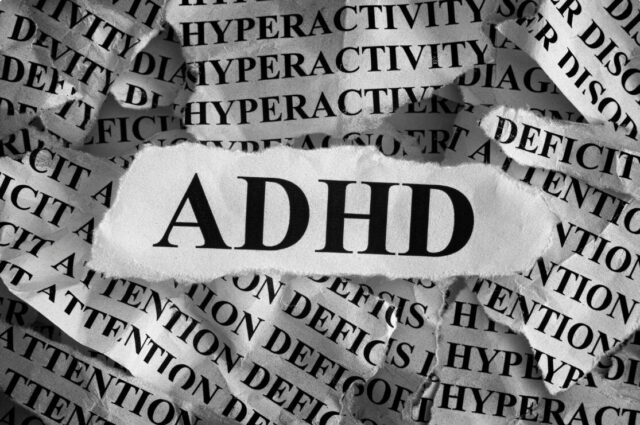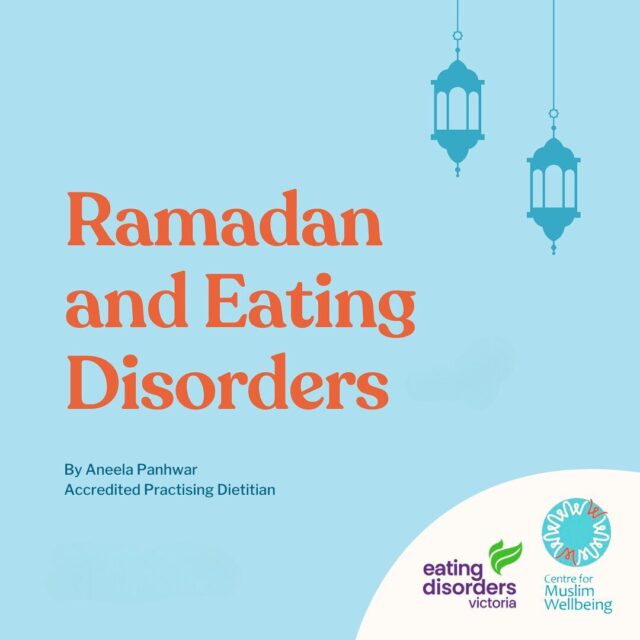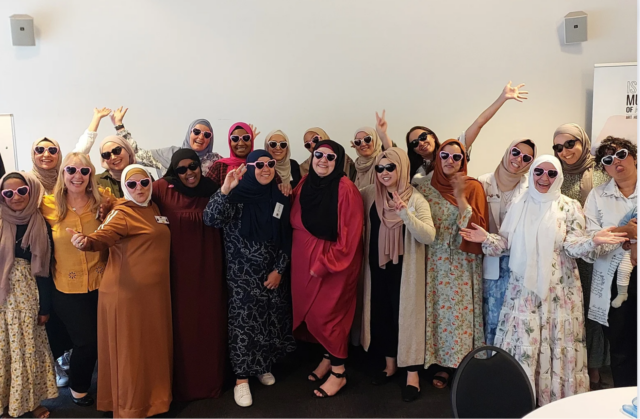“If my partner really loves me, they’ll know what I’m thinking, feeling and needing.”
“My partner should complete me.”
“If it is the right relationship, I should feel happy all the time.”
Sound familiar? These are a few examples of the common myths and attitudes we carry towards marriage.
One of the greatest myths about happy marriages is that we just need to find the right partner. We create rigid scripts in our minds of who we want to marry and how our relationship will be. These scripts are largely influenced by social and cultural attitudes of marriage that base relationship success on a matter of marrying the perfect person and the cliché of living “happily ever after”.
Carrying these types of perspectives leads to distorted and unrealistic expectations about married life that exempt us from any type of responsibility and assume that little contribution is required from our end. The assumption is that if we find the perfect partner, our problems will be resolved and we will always feel happy. Our unmet needs of love and validation simply get projected onto our partner as we desperately desire a sense of fulfilment and completion – that somehow, we are incomplete without them. We expect our partner to make us feel a certain way and understand what we are thinking, feeling and needing at all times.
The reality is, marriage is not a romantic film nor is it a solution to our life-long problems. Therefore, we chase nothing but an illusion – a false promise.
There is no perfect partner or relationship. Simply choosing a partner does not grant us a life full of endless happiness and fulfillment; we also need to invest and “do the work”.
While it is important to know what qualities to look for in a life-long partner, we must not overlook the fundamental relationship we have with ourselves. This is the essence of a conscious marriage; a relationship built on self-awareness and a willingness to understand the role that we play in our relationships. Conscious relationships require intentional awareness and introspection which refers to our ability to look within and reflect on our internal physiological and psychological states.
The focus is shifted away from the “other” into a deep, loving and healing relationship with the self. It is invested into constant self-growth and development with a focus on understanding who we are. This involves learning about our deepest fears, emotions, needs and histories. We need to consciously draw our attention to the unconscious beliefs and attitudes (those we are unaware of) that we hold about ourselves and meaning of relationships.
This process helps us to explore how past experiences have shaped our wiring around love and emotional safety. Once we are able to understand ourselves in this way, we can start to identify our emotional voids and triggers and link them back to unresolved or unmet needs of the past. With this awareness, brings freedom to break free from toxic relationship beliefs and dynamics that no longer serve us.
We realize that the goal of marriage is not just about being happy, but rather about becoming conscious. It’s about getting acquainted with ourselves and learning to embrace our partner as they are, flaws and all. It frees us from the shackles of social conditioning and helps us foster more realistic views of marriage by simply starting within.
The narrative on marriage needs to change and it starts with consciousness.







